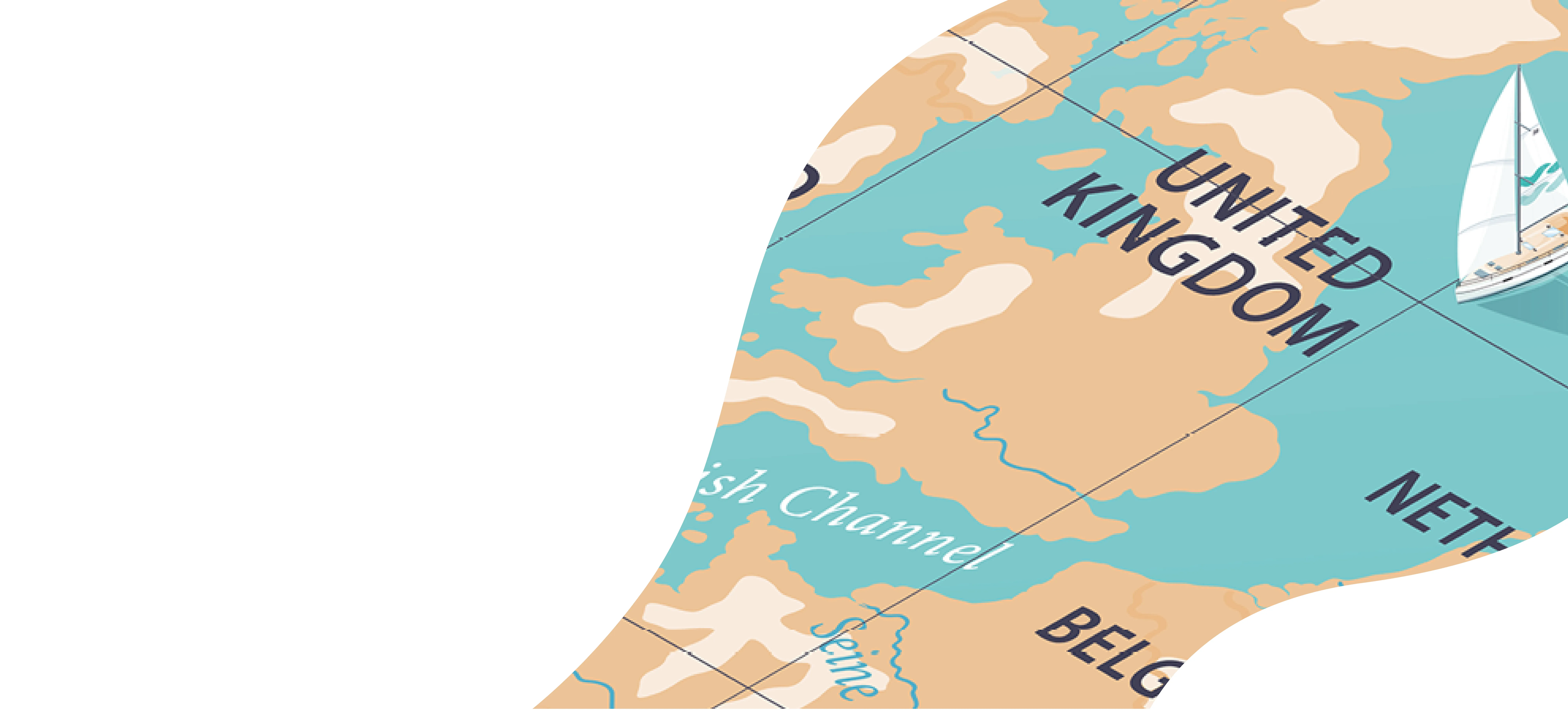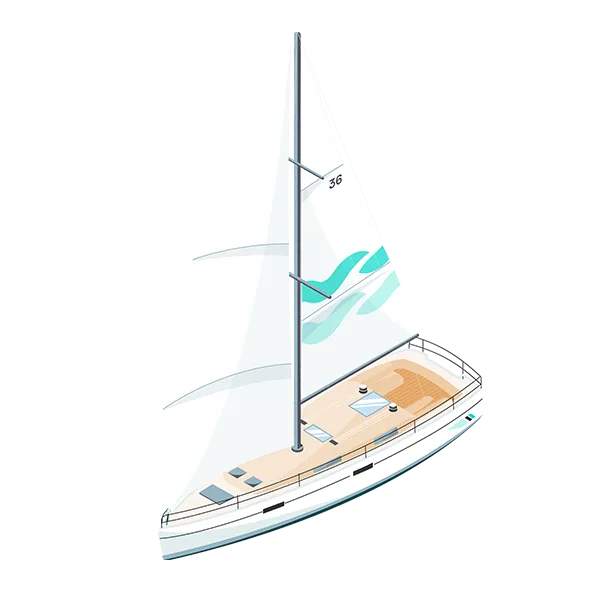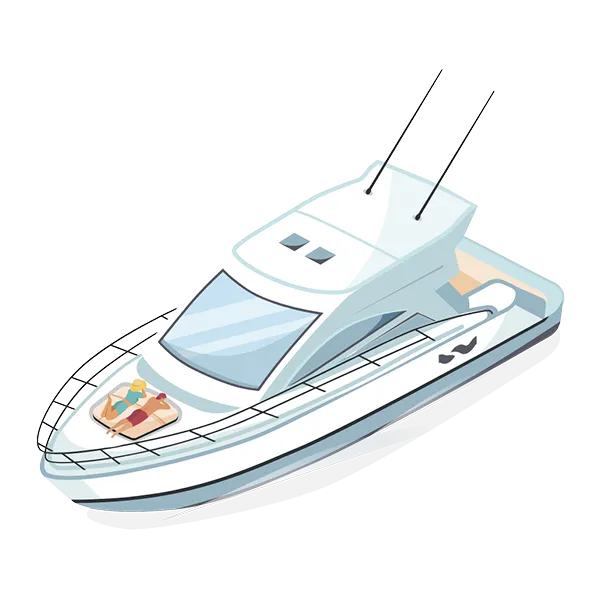- Craft We CoverCraft We Cover
In addition to specialist insurance for yachts we also provide cover on a range of personal watercraft and short term boat rentals
- Superyacht InsuranceSuperyacht Insurance
A multitude of potential risks requiring a tailored approach to your Superyacht’s insurance
- Yacht InsuranceYacht Insurance
Specialist sailing yacht insurance cover to protect your adventures on the water
- RIB InsuranceRIB Insurance
Comprehensive RIB insurance cover that is as versatile as your boat
- Speedboat InsuranceSpeedboat Insurance
High speed thrills can come crashing down without the right cover for your speedboat
- Jet Ski & Personal Watercraft InsuranceJet Ski & Personal Watercraft Insurance
Protect your Jet Ski or Personal Watercraft from waterway mishaps with our top-notch insurance policies
- Paddleboard InsurancePaddleboard Insurance
Getting insurance cover on your paddleboard is quick and easy
- Foiling Board & Hydro Foil InsuranceFoiling Board & Hydro Foil Insurance
Get full protection for your pleasure craft
- Motorboat InsuranceMotorboat Insurance
Motorboat insurance that protects your pride and joy
- Short Term Boat RentalShort Term Boat Rental
Does your pride and joy earn you money?
- Superyacht InsuranceSuperyacht Insurance
- About UsAbout Us
How can we help you?
- Our HistoryOur History
Who is Haven Knox-Johnston Specialist and where do we come from?
- SustainabilitySustainability
Sail Responsibly: Safeguard our waters
- Preserving our habitatsPreserving our habitats
Preserving water habitats is a fundamental duty of the boating community. Let us pledge to do our part to safeguard our ecosystems and ensure their survival.
- Preventing water pollutionPreventing water pollution
Preventing water pollution should be a top priority for boaters as the devastating effects of pollution on aquatic life and ecosystems are well documented and immeasurable
- Sailing sustainablySailing sustainably
Let us sail responsibly and do our part to protect the precious waters we all enjoy
- Preserving our habitatsPreserving our habitats
- Our HistoryOur History
- NewsNews
The latest news and insights, tips and other helpful information from your Specialist team
- Get the latest newsGet the latest news
The latest news and insights, tips and other helpful information from your Specialist team
- EventsEvents
From sponsorships to boat shows, check out what our Specialist crew are up to
- Avon Marina Open Day & Lifestyle ShowAvon Marina Open Day & Lifestyle Show
Overview of Avon Marina Open Day & Lifestyle Show
- Cockwells Owners’ RallyCockwells Owners’ Rally
Overview of the Cockwells Owners’ Rally
- Avon Marina Open Day & Lifestyle ShowAvon Marina Open Day & Lifestyle Show
- Get the latest newsGet the latest news
- Our LocationsOur Locations
Contact us


